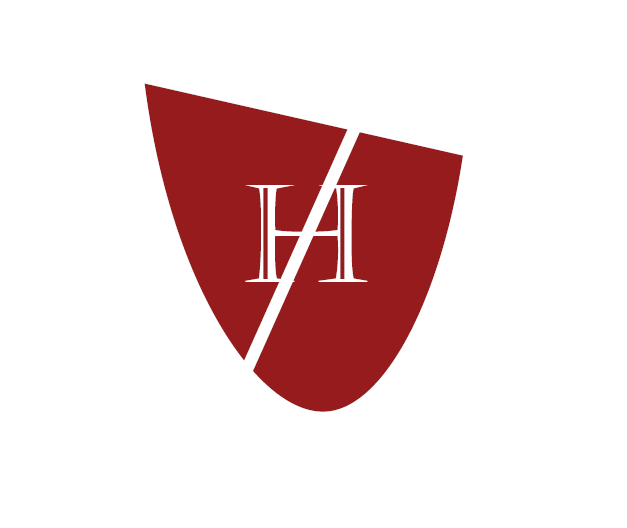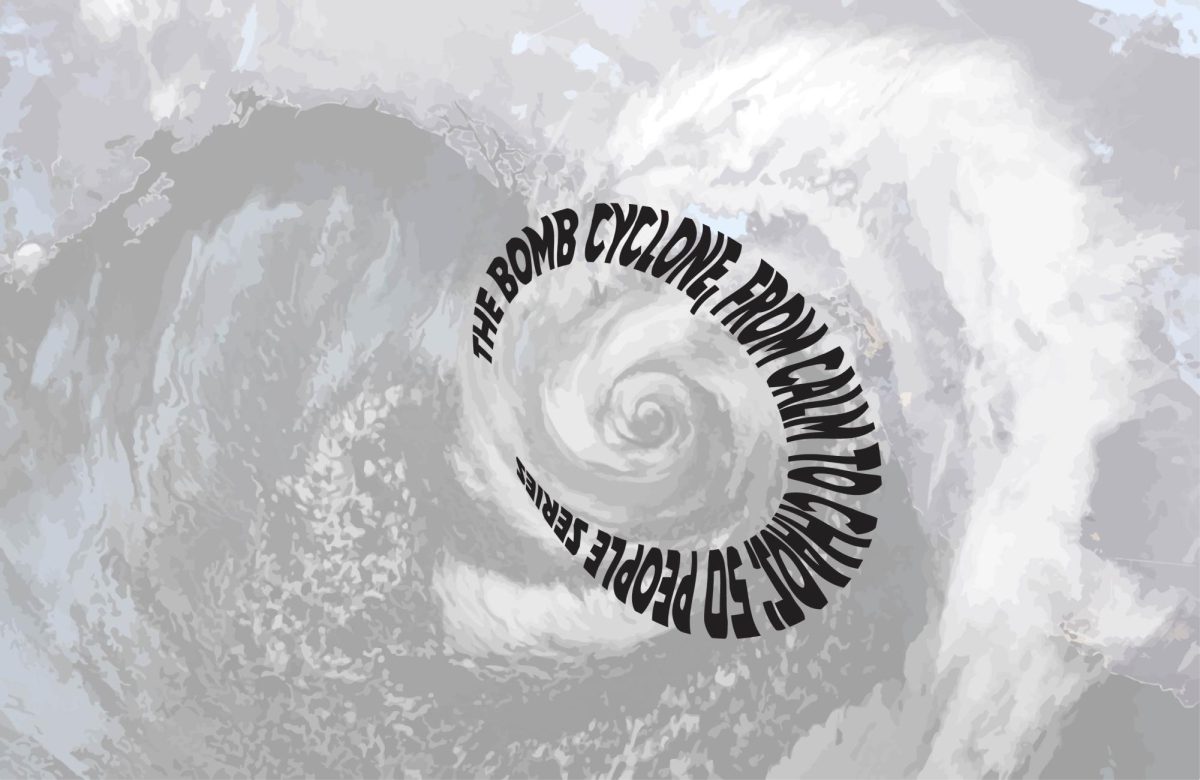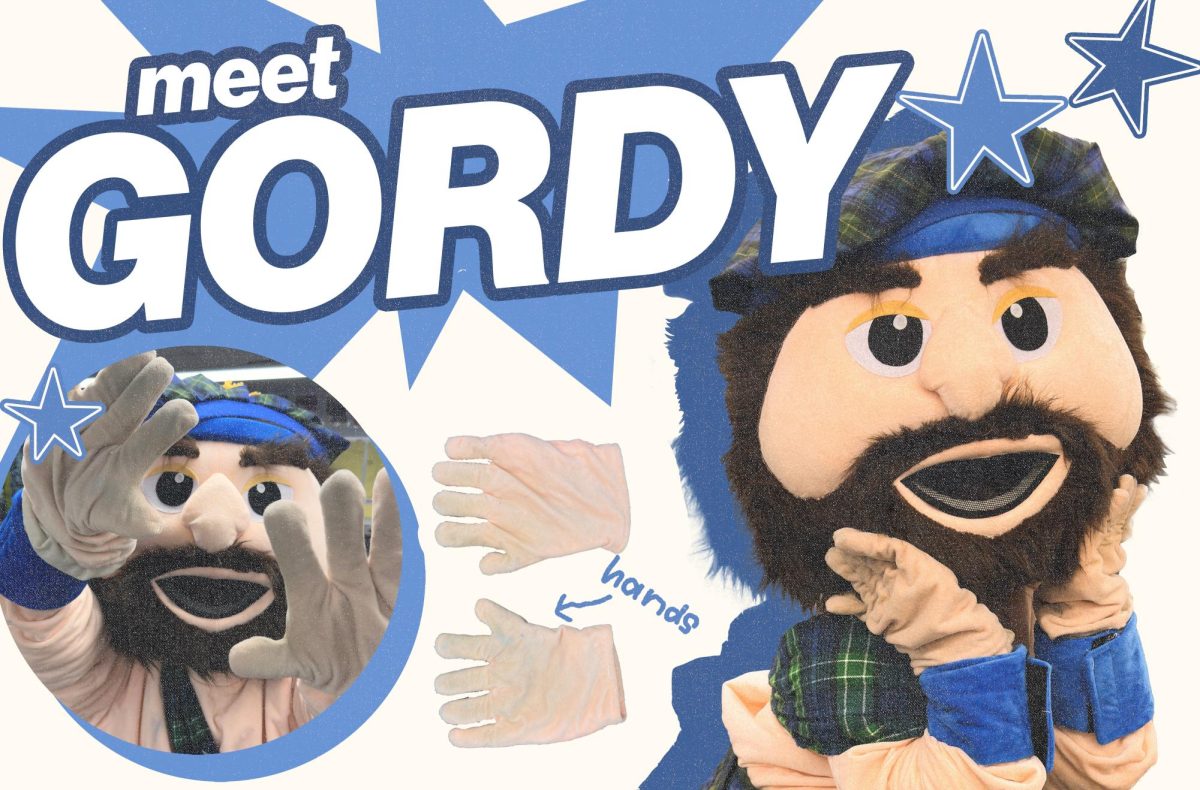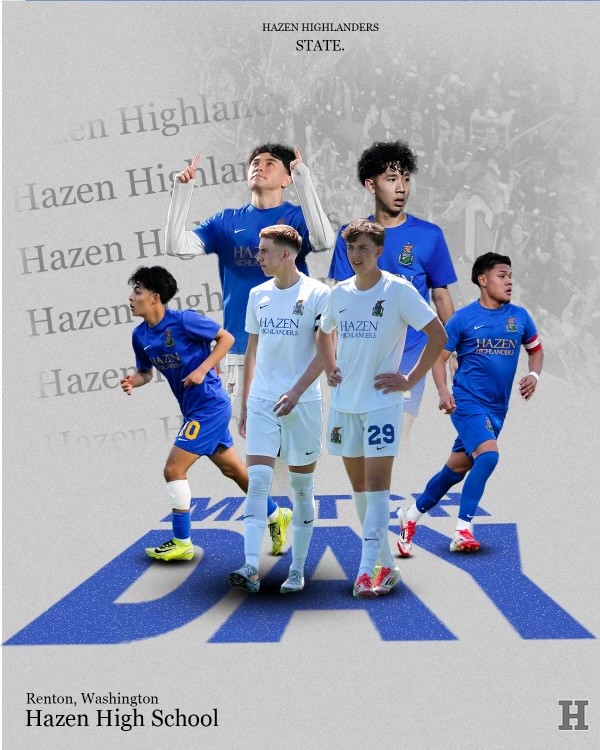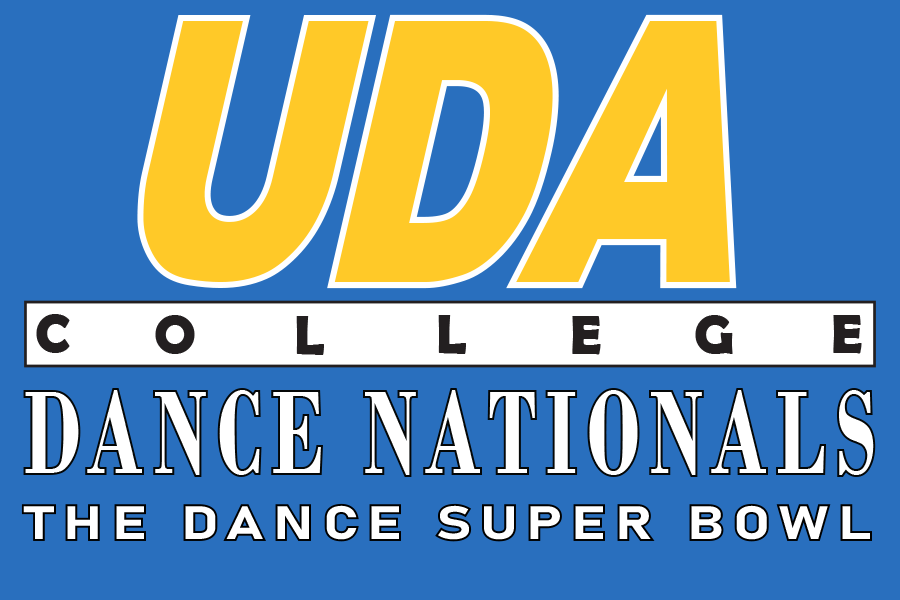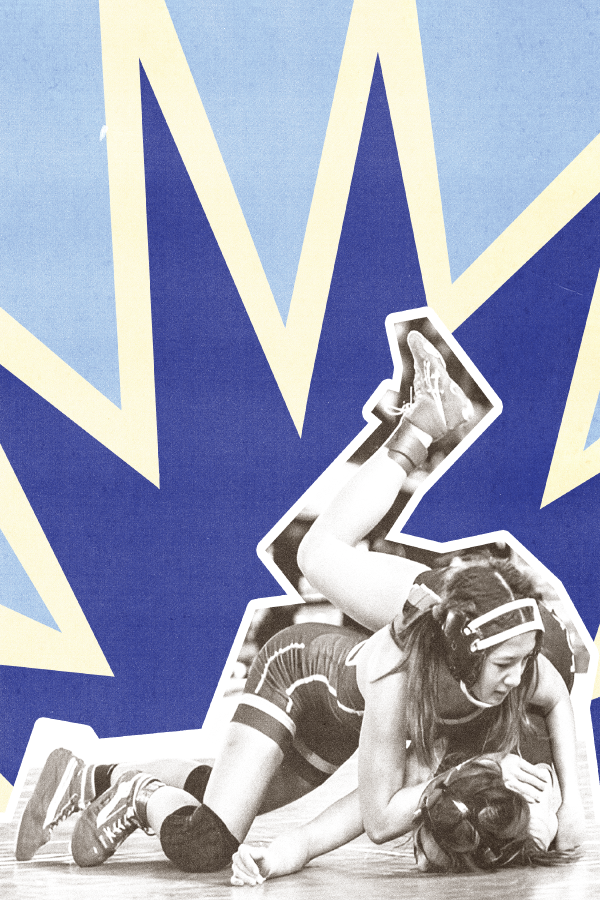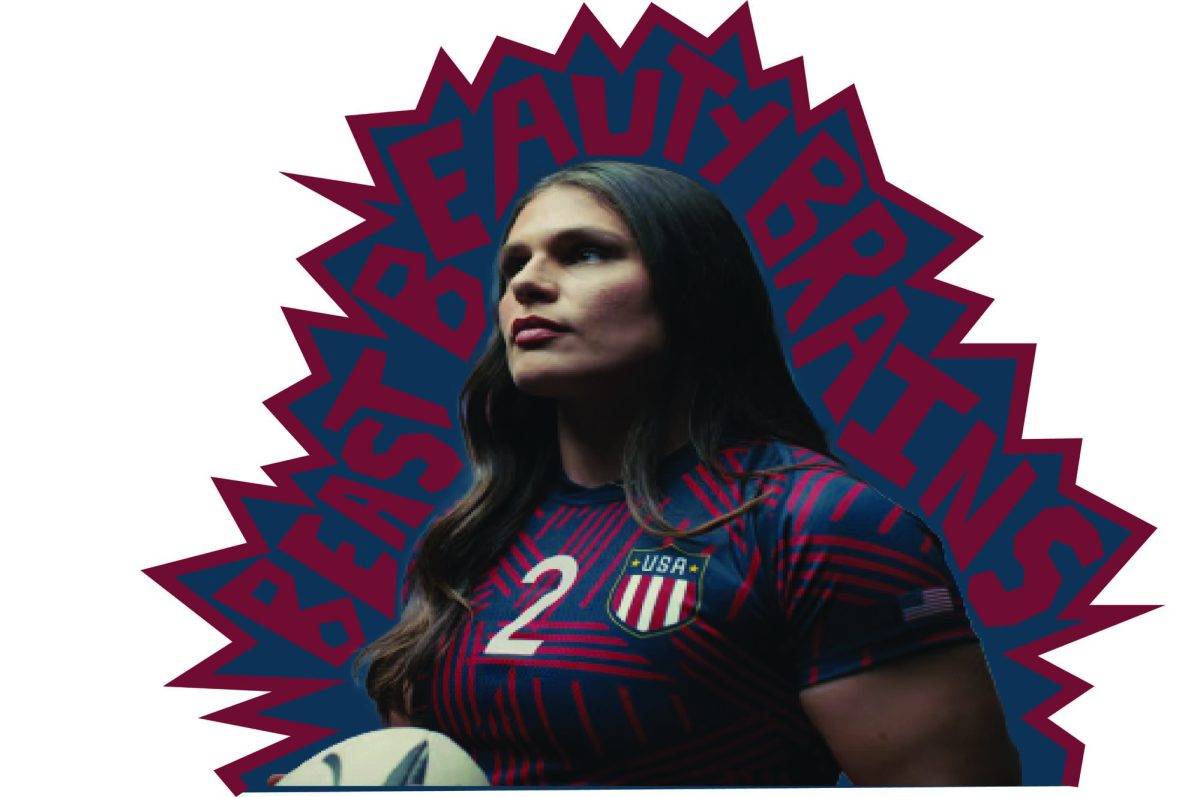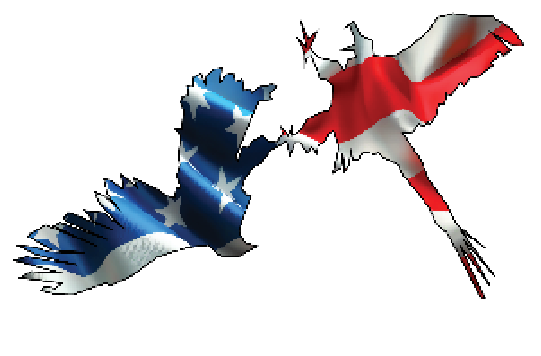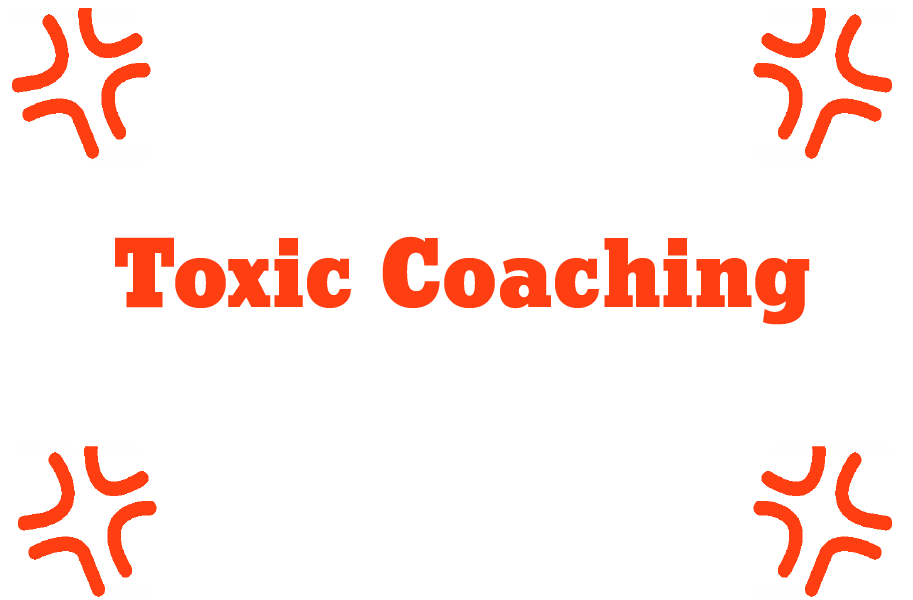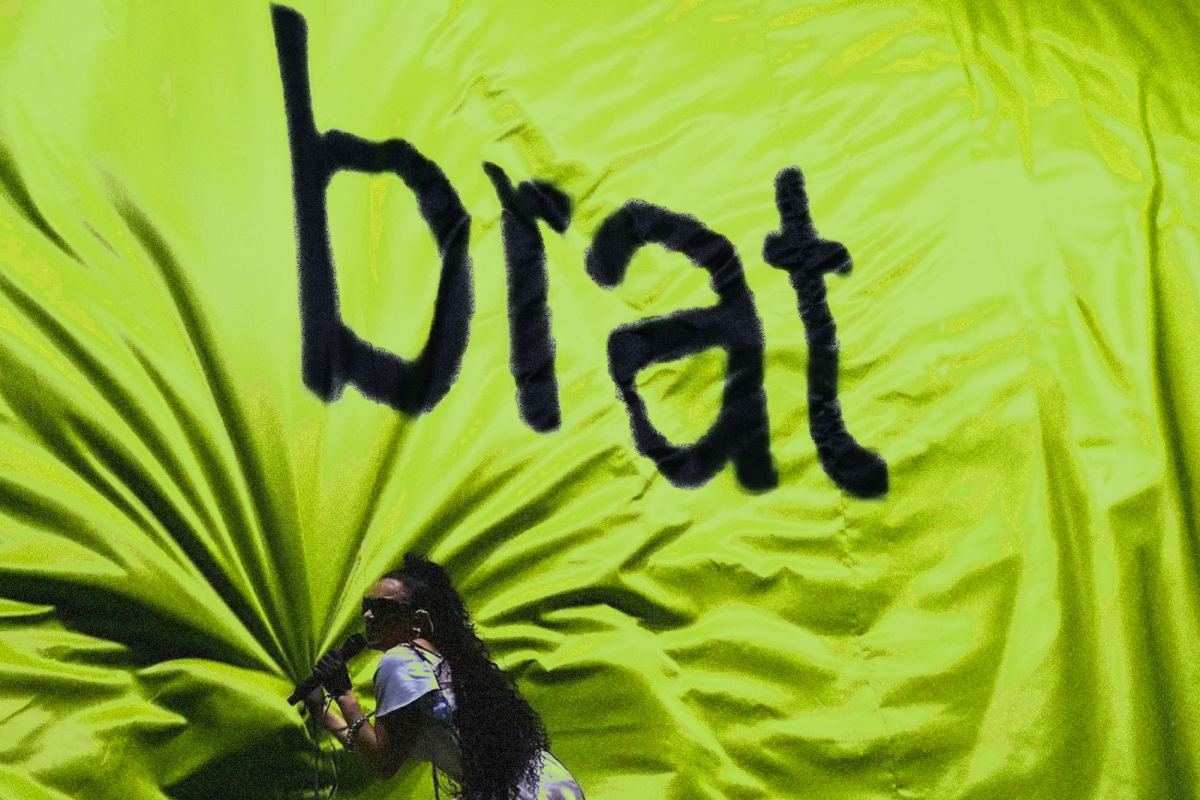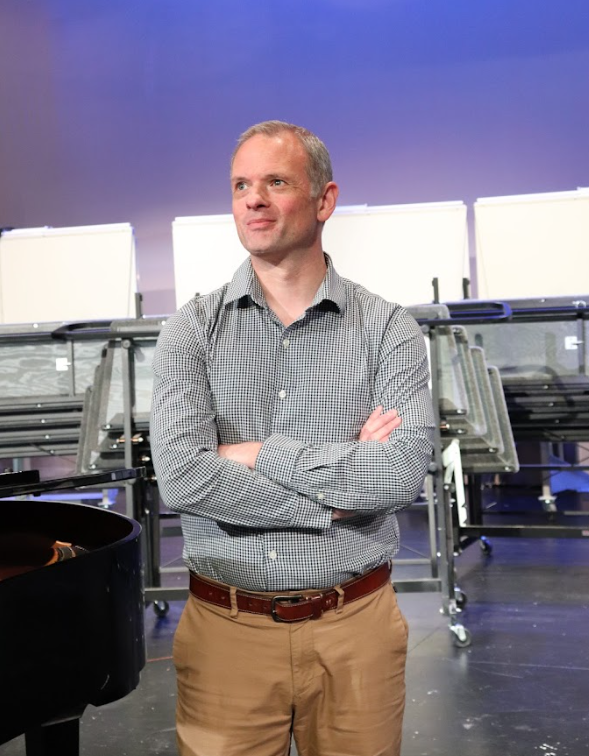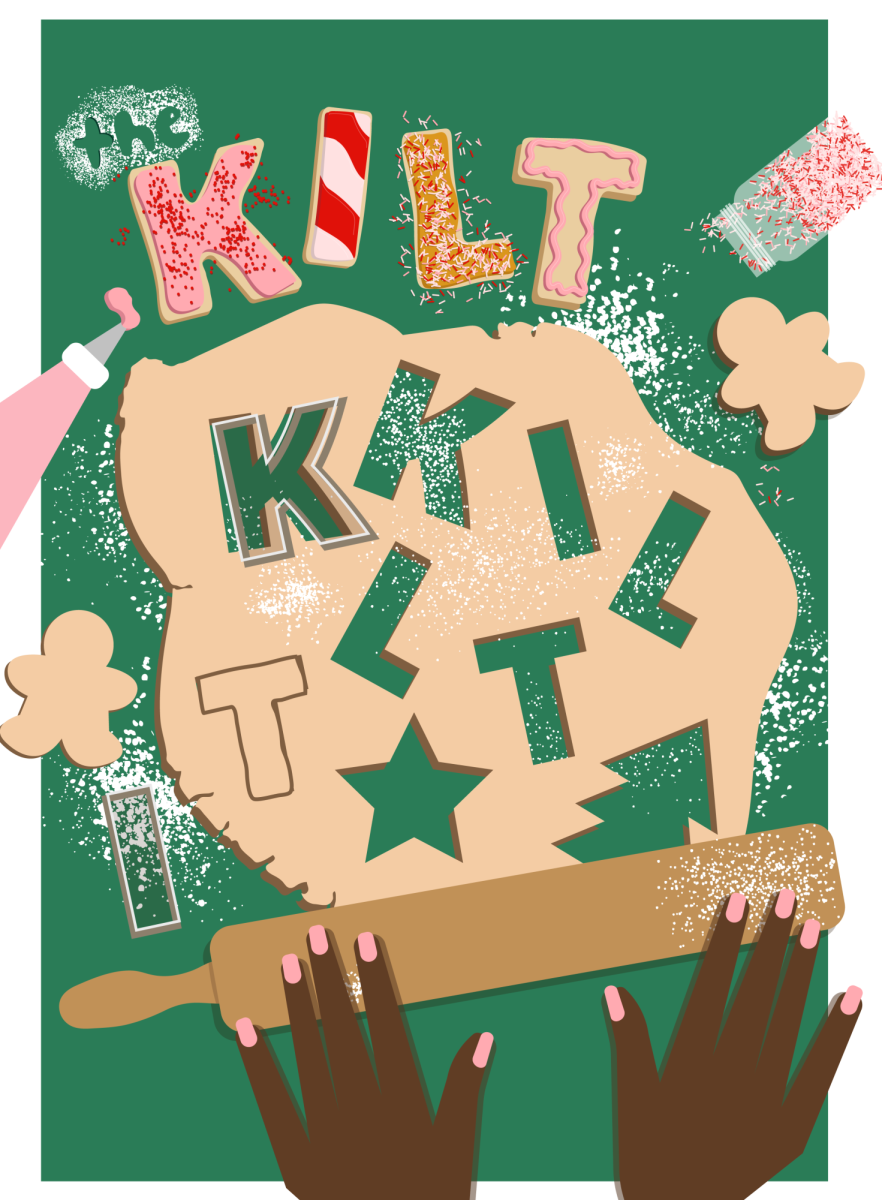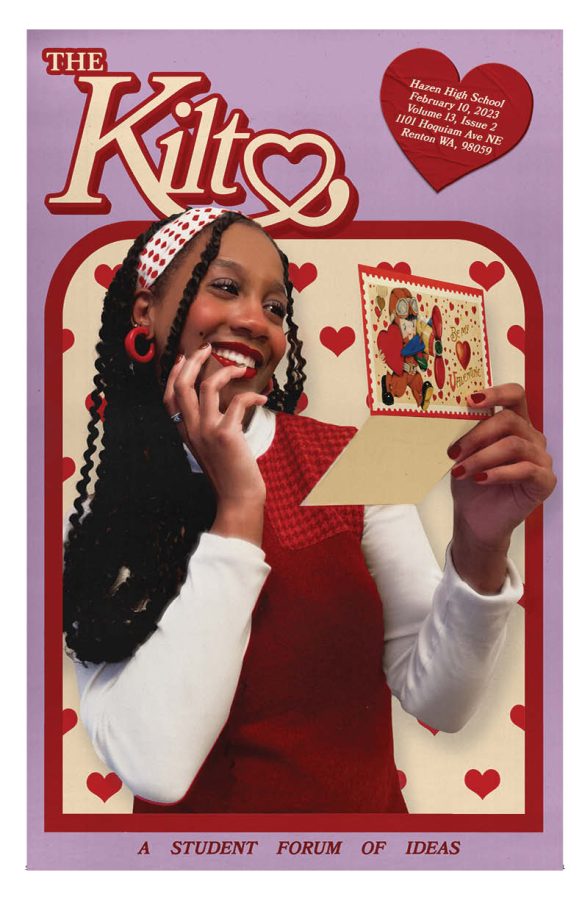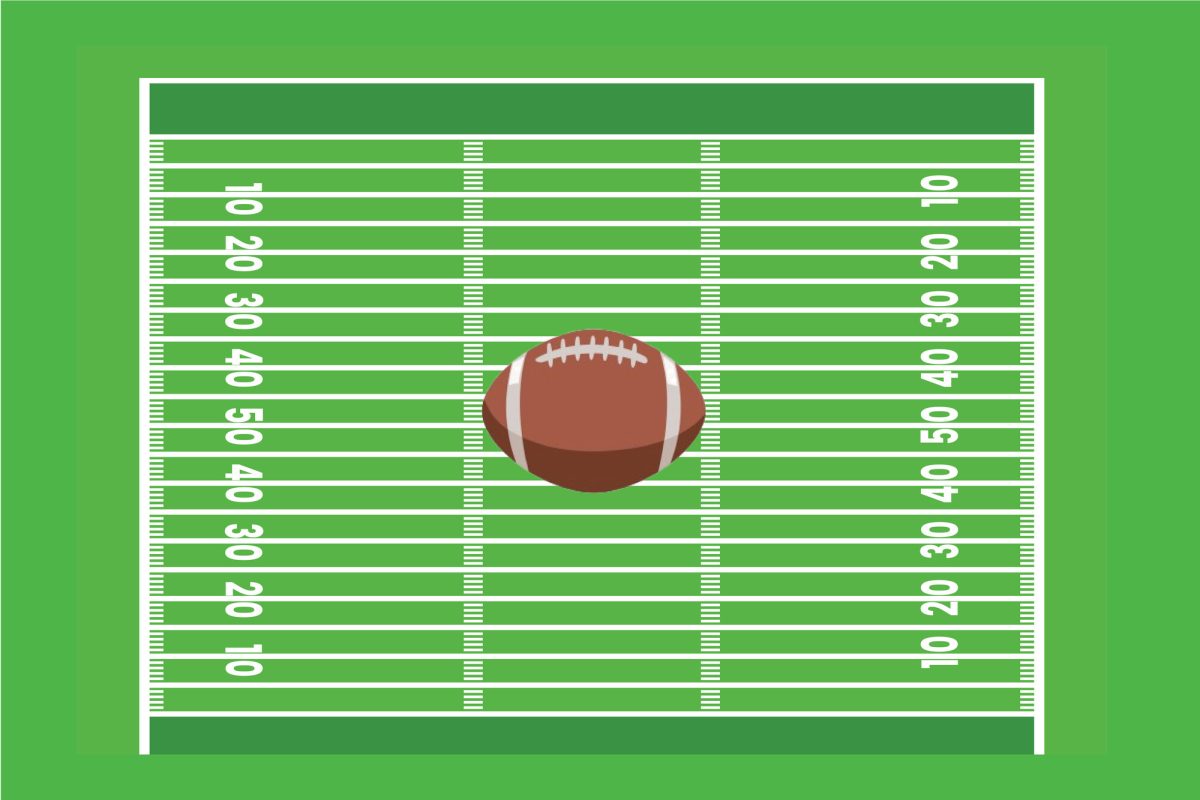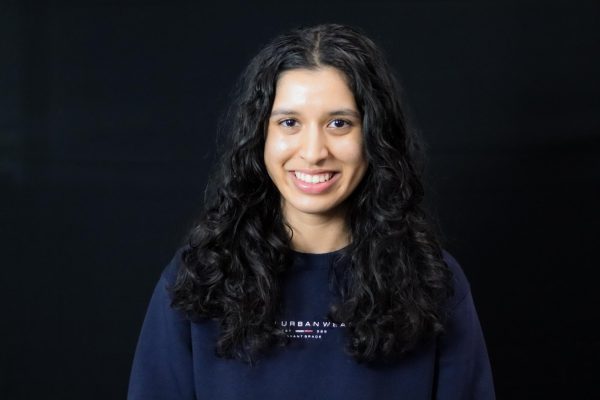“I can tackle hard and run hard but also still feel beautiful and still bring that into it. It’s not like you have to sacrifice that.”
Ilona Maher, an American rugby union player, took the world and social media by storm during the 2024 Paris Olympics. Representing Team USA in 2021 and 2024, Maher is a phenomenal athlete who helped lead the team to a bronze-medal victory, the USA’s first Olympic rugby medal. She also strongly advocates body positivity and self-love through her platform.
The 28-year-old has been involved in sports since early childhood, ranging from softball to field hockey to basketball. Discovering rugby through her father reignited her love for sports when she faced burnout, a common thing for students and athletes alike. She earned All-American honors and graduated from Quinnipiac University with a nursing degree, where she played collegiate rugby. There, she helped win three National Intercollegiate Rugby Association (NIRA) championships and earned Most Outstanding Player in 2018 from the NIRA. She also earned a master’s in business administration from DeVry University.
Maher first went viral on social media by broadcasting the state of the Olympic Village, their infamous cardboard beds, poor living conditions, and the impact it had on the athlete’s bodies. The essence of Maher’s platform is embracing her natural and trained body while addressing the body-shaming comments. In a TikTok she posted, Maher explained that her Body Mass Index (BMI) is about 30. Technically, this is classified as “overweight,” breaching the border of “obese.” But is BMI the most accurate way to define a healthy, athletic body? Some of the most athletic players have a high BMI due to their sheer muscle mass adding to their weight and size. Maher is a rugby player, a sport that requires incredible strength and endurance. She trains her body to support her sport, though it may not be the standard of the fitness ideal in society. She succeeds and empowers those in similar situations because not everyone’s level of strength and muscle is the same. BMI doesn’t account for the muscle you may need to tackle, run far, lift heavy, or even the genetic differences that shape our bodies. There is not one model for healthy and fit. On one hand, there is a 240-pound male football player applauded for their strength. On the other, there can be a completely healthy 200-pound female rugby player, of which 170 pounds is pure muscle – who is constantly told to lose weight.
So, why are females more scrutinized than males in this instance? Even at the professional level, where the top athletes in the world compete, and dedicate their lives and bodies to a sport, proving their capability, talent, and dedication, women are still expected to have the perfect thin-model-like figure. When women work hard to train their bodies to fit their needs, it should be celebrated as an accomplishment instead of put down as an atypical feature. Women typically have lesser levels of natural testosterone that prevent them from gaining as much muscle as fast as men. Women’s build and muscles shouldn’t automatically signal a man’s features or try to seem “masculine.” Women are often shamed for muscles that go against their natural “femininity,” but it’s not an either-or situation. There isn’t one ideal body type or standard that a body should meet to feel accepted. The differentiation between each individual doesn’t mean that they are unable to perform or participate in an activity either.
There is this expectation of this delicate, feminine woman regardless of how rugged the sport may be. There is no criteria for an athlete’s body to their sport, nor a requirement for others to participate. Maher’s impact has enabled many more to feel confident in their abilities and passions, aiming to achieve more and see themselves in other women succeeding in the world.
“This is the body of a professional athlete. This is the body of an Olympian. It’s not perfect. It’s not completely lean. It’s not completely toned, but this body is amazing, and it does amazing things for me.”
Post-Olympics, Maher has kept busy during the offseason. As one of the contestants on Dancing with the Stars, she and her partner, Alan Bersten, ended second place as runners-up after an impressive season. Maher was the first female to lift her male partner on the show. Her passion and confidence seep into her performances, inspiring many young girls who see themselves in Maher as she takes on new challenges and breaks the perfectionist expectations of an athlete’s body’s capabilities. Her ambition has made a name for herself outside of just athletics but as a role model in self-love and positive encouragement. She is an active example of someone who is beating the allegations and the toxic culture in our society of being boxed into our femininity. Instead of being discouraged from sports that go against this stigma, Maher embraces the mental and societal constraints and pursues her passions and goals without fear.
“For me, it’s just showing how powerful and how important it is to be strong physically and mentally.”
In December 2024, Maher signed with the Bristol Bears in the Premiership Women’s Rugby, the top division in England, for a three-month contract and six games. With hopes of joining the USA Eagles 15-player national team for the 2025 Rugby World Cup, Maher expands her repertoire from a 7-player team to a 15-player team with the UK-based team. Her debut game on January 5, 2025, Bristol vs Gloucester-Hartpury, drew a record of 9,240 fans. Due to the demand for the game, it was moved from the Bristol Bear’s home with a 2,000-seat capacity to Ashton Gate Stadium.
“You learn a lot by losing. But it also puts a fire under you for the next game.”
Support like this in women’s sports, especially towards a male-dominated sport like rugby, opens opportunities and attention to the women who work hard not just for themselves, their team, and their sport, but for the next generation and to empower those to progress these antagonistic stereotypes of a woman in a “man’s sport.” Bringing attention to women’s sports in all fields allows more funding to support more opportunities for more women. Even still, we see progress only at the national level in world competitions, not regional. There are leagues in Australia, France, Great Britain, and New Zealand, but like many other women’s sports outside of first-world countries, we don’t see the same progress whatsoever.
As a strong advocate for self-love and a model in body positivity, Maher continues to empower others to embrace themselves.
Self-love can empower one’s future endeavors, and in turn, encourage positivity and kindness. There shouldn’t be a sacrifice to any part of your identity to achieve the “perfect body.” To be the ideal, skinny, strong, yet feminine woman is a completely unrealistic concept.
“All body types are beautiful and can do amazing things, so truly see yourself in these athletes and know that you can do it too.”


